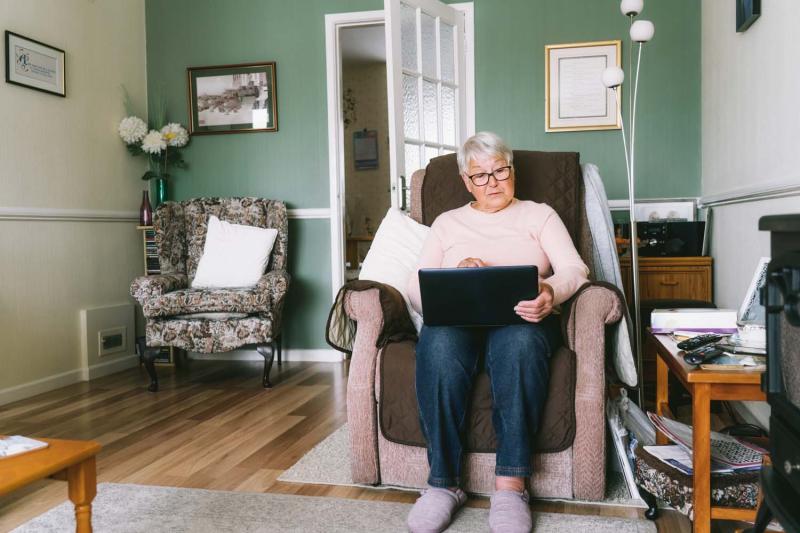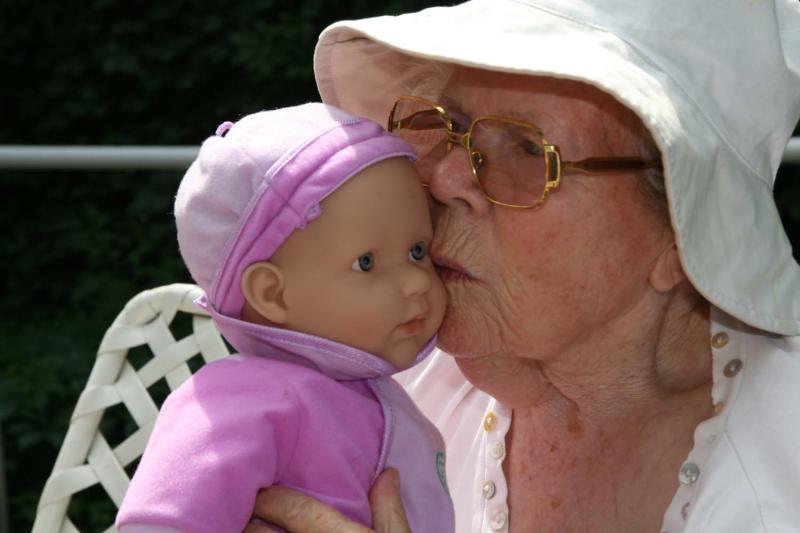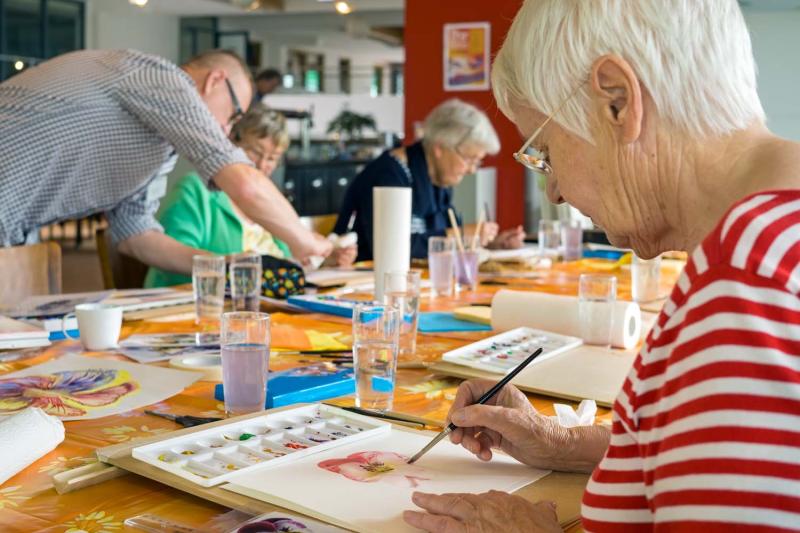Resources
Explore resources from a range of sources across the aged care sector - including government, research, academic and practice-based materials - curated by ARIIA to support evidence-informed practice and innovation.
Showing

The use of music engagement/personalised playlists in dementia care
This helpsheet from Dementia Support Australia is a useful guide to consider the use of music and personalised playlists to encourage engagement of a person living with dementia.

The use of murals in places where people with dementia live
This position paper from the Dementia Centre and HammondCare provides background information on the use of murals in care settings, issues around the lack of evidence-based research in murals having positive outcomes for people with dementia, and critically examines some common assumptions on the use of murals in the care setting.

The Use of Global Positioning System (GPS) location devices in dementia care
This helpsheet from Dementia Support Australia details when the use of GPS may be appropriate, how to obtain consent, and what to consider when introducing and using GPS.

The use of dolls in dementia care
This helpsheet from Dementia Support Australia outlines why you might consider introducing a doll as a therapeutic intervention and who is likely to benefit.

The use of activity sheds in dementia care
This helpsheet from Dementia Support Australia is a useful guide for aged care providers to consider the use of activity sheds to encourage engagement of a person or persons living with dementia.

Theresa's story
Theresa Flavin is living with dementia, and has been involved in the supported decision-making project. In this video from the Cognitive Decline Partnership Centre, Theresa talks about her experiences with using supported decision-making within her family, and why it has been important for her. (5 min)

The pain puzzle: Recognition, assessment and treatment of pain in people living with dementia (course)
In this course from Dementia Training Australia, you will increase your understanding of pain assessment and management for people with dementia living in a residential environment.

Purposeful activities (chapter 2)
Chapter 2 of this video series from Dementia Australia focuses on knowing the person's life story in order to support meaningful engagement. (5 min)

The incredible power of music for people with dementia
Hear about aged care provider, Whiddon's, trial of a Stanford Music Program and the powerful effects of music for people with dementia. (2 min)

The fading moon: A dementia resource for Aboriginal and Torres Strait Islander communities
This resource was produced to raise awareness about the experiences of Aboriginal and Torres Strait Islander carers who provide support to people with dementia. The video features the personal stories of carers and also includes commentary from people working in the dementia field.